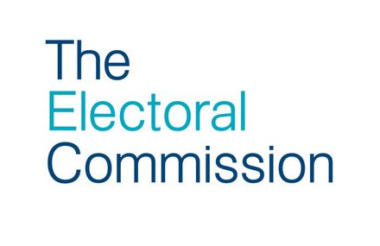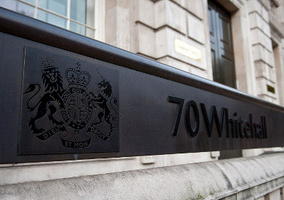The Electoral Commission has published new guidance for charities about campaigning in the lead up to elections and referendums.
Charities have said that a lack of clarity around the rules has contributed to them feeling silenced during election periods. The Electoral Commission has been working on new guidance since 2018.
Douglas Dowell, policy manager from NCVO, has written a blog post explaining some of the issues campaigners have, and what the new guidance means.
He writes: “The Electoral Commission’s guidance on what electoral law means for your campaigning in the run-up to an election hasn’t been clear or reassuring enough. As a result, it’s made lots of charities think the rules are more restrictive than they actually are.”
Louise Edwards, the commission’s director of regulation, said: “We understand the challenges faced by organisations which don’t regularly engage in political campaigning, and it’s an important part of our role to support them in understanding how they can comply with the law. Campaigning is a vital part of the democratic process and we hope this guidance will enable groups to campaign with confidence all year-round.
“The feedback from campaigners has been invaluable in making it as clear and helpful as possible. We thank the third sector organisations and UK charity regulators who worked with us on producing this new resource.”
Spending limits and registration
The new guidance states that charities which do not spend enough on regulated activity do not have to register. Regulated activity means something that could be ‘reasonably regarded as intended to influence voters’.
This means campaigners that plan to spend more than £20,000 in England or £10,000 in Scotland, Wales or Northern Ireland, must register and comply with spending limits.
The regulated period before a general election applies from one year before polling day. This means that campaigners can be unaware that they are in a regulated period until an unscheduled election is called.
The guidance adds that if charities follow charity law and guidance from charity regulators, they are generally unlikely to be carrying out regulated activity under electoral law.
Dowell said: “We’re really pleased with the clear acknowledgement in the new guidance that charities are obliged not to be partisan by charity law.”
Feedback: 'An essential step forward' but a call 'for the undemocratic Lobbying Act to be reformed'
Karl Wilding, chief executive of NCVO, said: “This new guidance provides much greater clarity for charities and should make it clearer that charities can campaign with confidence. Although there are still issues which we believe need changes to the legislation itself, we’re very pleased that the Electoral Commission has taken our feedback on board and done what it can within current electoral law to address many of the concerns charities have expressed about their ability to campaign.”
Vicky Browning, chief executive of ACEVO, said: “Non-party campaigning, like that undertaken by charities, is an indicator of a healthy democracy and I am pleased that this guidance clearly emphasises this.
“The Lobbying Act is a complex piece of legislation that requires reform, but this guidance is an essential step forward in helping civil society leaders to navigate the rules and understand how they can – and should – represent their cause and community in the run up to an election.”
Mike Wright, director of communications and member services at Bond, the UK network for NGOs, said: “We welcome the new guidance and it is great to see that the Electoral Commission has listened to feedback from Bond and our members. We hope that the further clarity and tone of the guidance will go some way to reassure civil society that it can campaign with more confidence during elections.
“Whilst the guidance is a helpful step forward in the short-term, Bond will continue to call for the undemocratic Lobbying Act to be reformed. At a minimum, we want the government to make it easier for charities to work out if their activities are regulated by the act or not under the 'purpose test'.
“The regulated period should also be reduced from 12 to four months before an election, and we need the rules to be simplified on joint campaigning so that they encourage collaboration rather than stop it.”
New toolkit
Elsewhere, the law firm Bates Wells has recently published new guidance and a toolkit for charity campaigners, with support from Unbound Philanthropy.
It includes explanations of charity law, campaigning law and template documents.
|
Related articles












